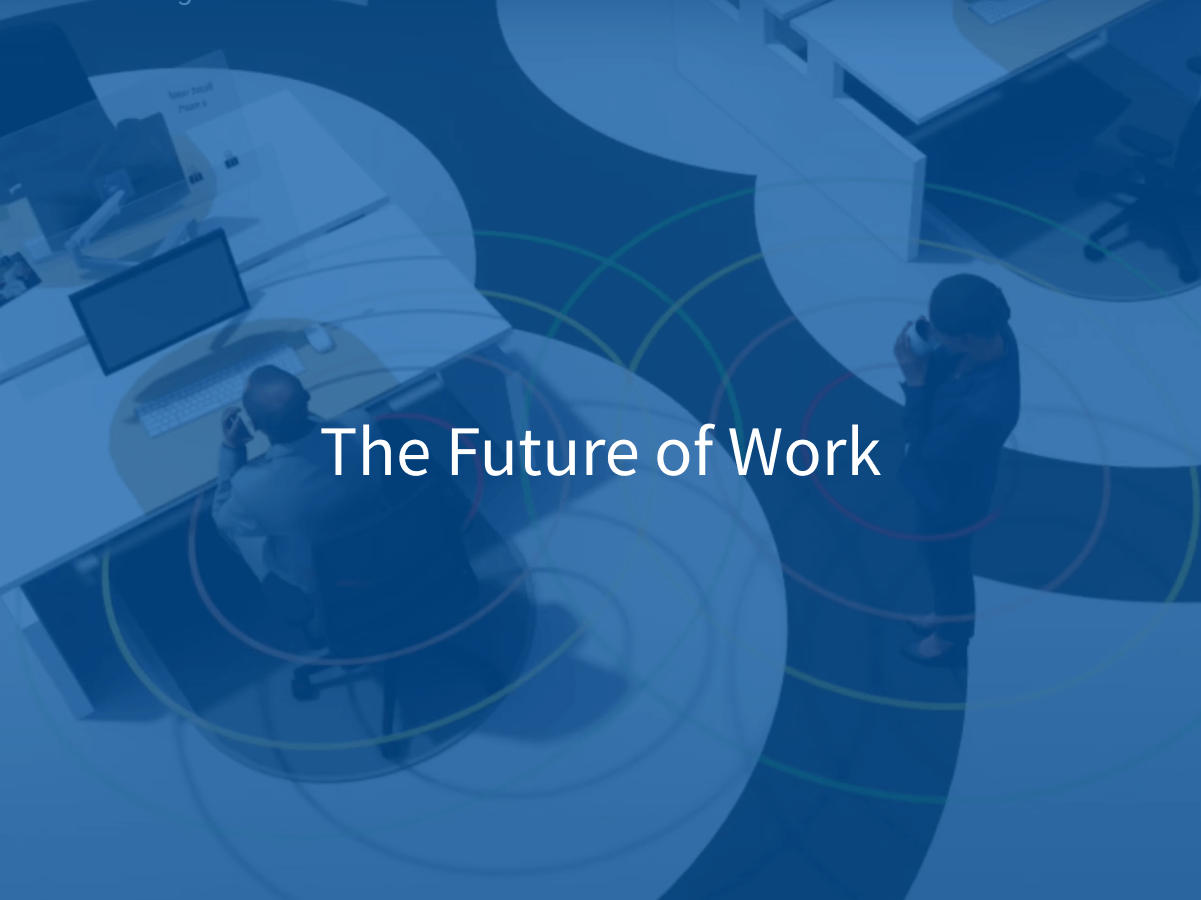Table of Contents
While many of the changes introduced by COVID-19 have been extremely challenging, some of the trends I’ve been noticing will provide new opportunities for businesses. And, as companies think about the next stages of bringing people back to work and also reducing the spread of the virus, they’ll be re-examining many aspects of how we work. While many grey areas exist, the path forward in some places is becoming more clear.
Our behaviors at work will change
Goodbye handshakes, hello elbow bump. When prominent health leaders suggest that certain traditions should go by the wayside permanently, the public listens. In addition to the way we greet each other, our workstations will likely also change. Many companies (like Apple and Facebook) have embraced the open office concept, despite the fact that some research is proving that they are not more productive. These open offices give employees about 3 feet of space around them, making them a great way to spread an infection. We’ll need to reconsider open workspaces to allow for more physical space between workers. Some companies, like Cushman & Wakefield, are already making strides in developing workplaces of the future with traffic flows that allow for six feet of space between workers.
We’ll think about HR policies differently
We’ll look at health and wellness differently as we head back to work. More than ever, people who are sick will be asked to work remotely as a social necessity for the health of all workers. Additionally, companies that have more flexible workplaces will need to accommodate for both remote and on-site workers, and businesses will need to implement new methods of sharing workplace culture. Some companies will even require temperature checks to verify health prior to entering their places of work.
We may need proof of health to go back to a physical office
From my vantage point in the identity industry, I’ve seen quite a bit of momentum behind immunization certificates. Done thoughtfully, with input from privacy advocates, a digital certificate could be used to provide safe entry to work. With a human-rights centered solution, we can give people more control over their privacy. And, in an era where we’ve had to protect ourselves physically from others, proof of vaccination will go a long way in re-establishing trust within the workplace. Until now, we’ve always had the luxury of gathering together in places of work, and knowing that we can meet up again safely will help us remember our humanity.
Many of us will continue to work remotely
Recently, companies like Twitter and Coinbase, have announced that they would allow employees to work from home permanently. Following suit, Facebook quickly announced that it would not only let many employees remotely, it would also expand its remote workforce. Yet, even as many thrive working remotely, a recent survey from the Society of Human Resource Management showed that most people are still struggling to make adjustments. Likely, some blend of physical offices and remote working will prevail. If people start choosing to work from home instead of in offices, they may choose to relocate, especially if they reside in cities where there is a high cost of living. As one tech business leader I know said recently: “We’ve proven that people in tech can work remotely. Silicon Valley is no longer a physical location; it’s a state of mind.”
For many, the impacts of COVID-19 have not just been physical or financial. The virus has also left an imprint of fear. People wonder how they will protect themselves fully with new technology safety systems like temperature checks and immunization passports. The answer is that we, as governments, corporations, technologists and individuals, need to make new systems safer and more secure. We need to use common sense and remember that we must protect valuable personally identifiable information. By giving individuals more control over their information, stored locally on their devices and presented only by choice, we’ll avoid identity issues of the past, including honeypots from which hackers can pilfer.
As business leaders adapt to changing circumstances, we will find new ways to conduct business. Likely, new methods and rules around people gathering in the workplace will develop, including the flexibility to work remotely. With new collaboration and secure identity management tools, we have the capacity to innovate our way forward.





